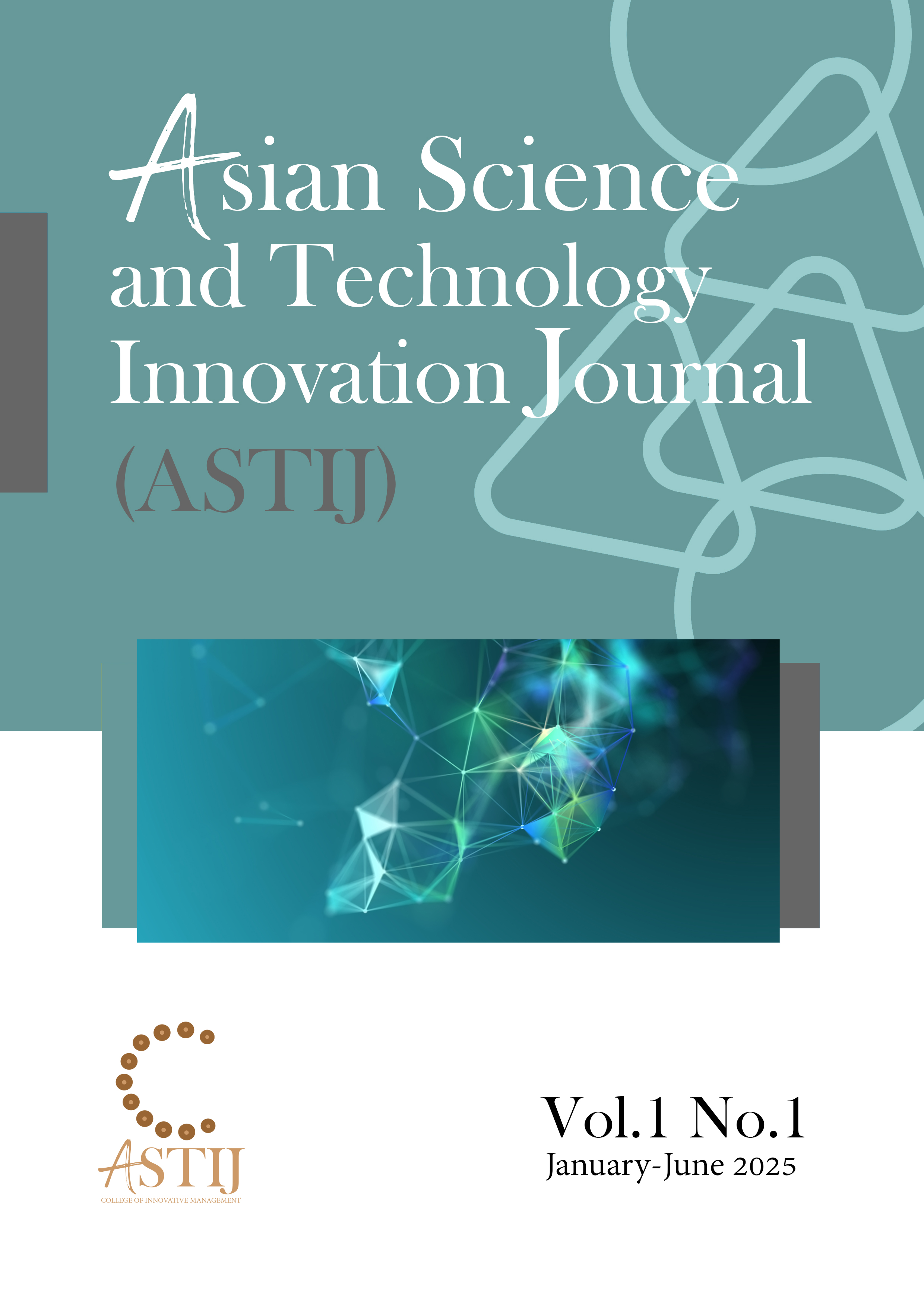Economic feasibility of biogas production from food and leaf waste
Main Article Content
Abstract
This research was focused on the economic feasibility of biogas production from food and leaf waste in the Electricity Generation Authority of Thailand, Bangkrui, Nonthaburi. The research methodology was divided into 1) laboratory scale research was conducted using a 10-liter reactor, filled with 5% of total solid material. The ratio of food waste to leaf waste to microorganisms was 1:1:1. Calcium carbonate was added to the reactor to maintain the pH in the system. Then, pH, methane production, and biogas component data were collected, and 2) economic feasibility analysis consisted of cost, internal rate of return (IRR), net present value (NPV), benefit-cost ratio (BCR), and payback period (PBP). The highest percentage of methane production was 70.19%. The cumulative methane production was 34,417.81 ml. The economic feasibility analysis yielded a net present value of $ 26,527.67, an internal rate of return of 142.24%, a benefit-cost ratio of 20.49, and a payback period of 6 months and 8 days, respectively. Ultimately, this study aligns with Sustainable Development Goal 12.4, which focuses on reducing waste through reuse and recycling, and Sustainable Development Goal 7, which aims to ensure everyone has access to affordable and sustainable energy.
Article Details

This work is licensed under a Creative Commons Attribution-NonCommercial-NoDerivatives 4.0 International License.


